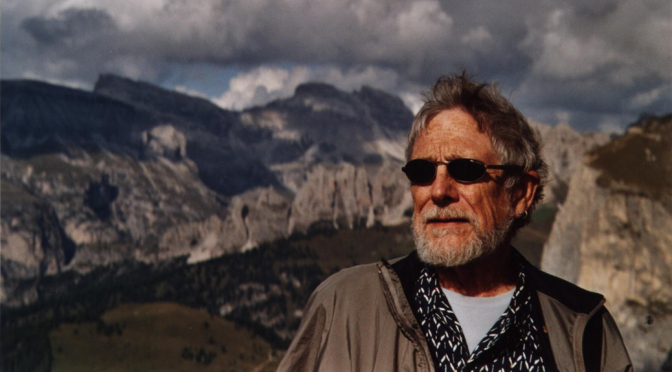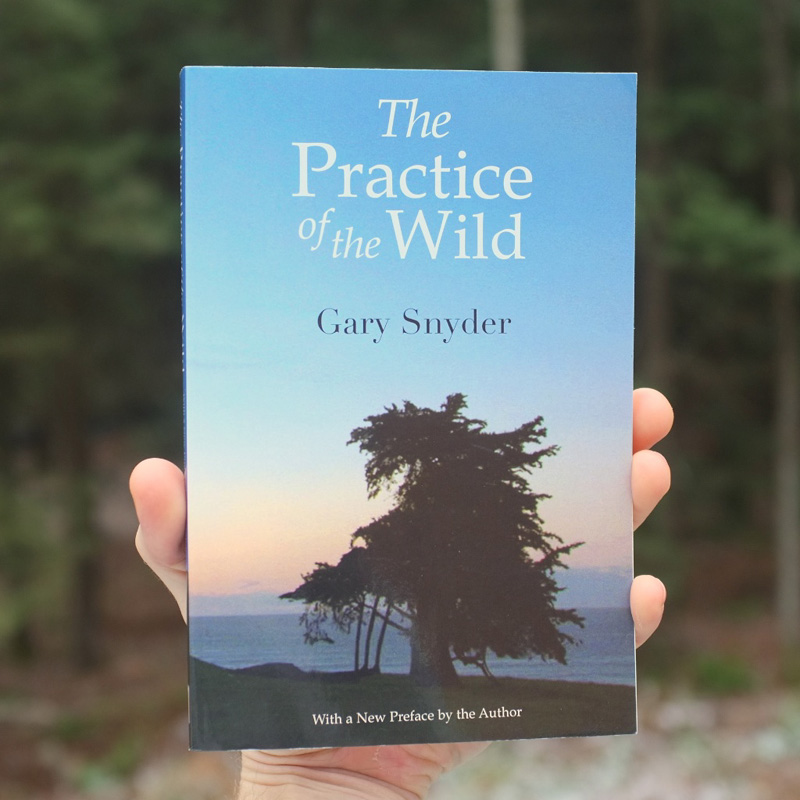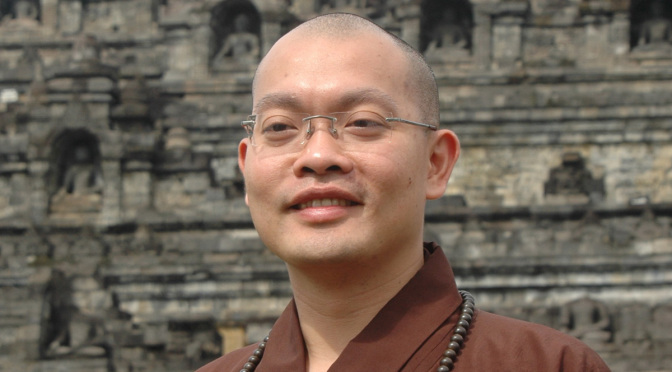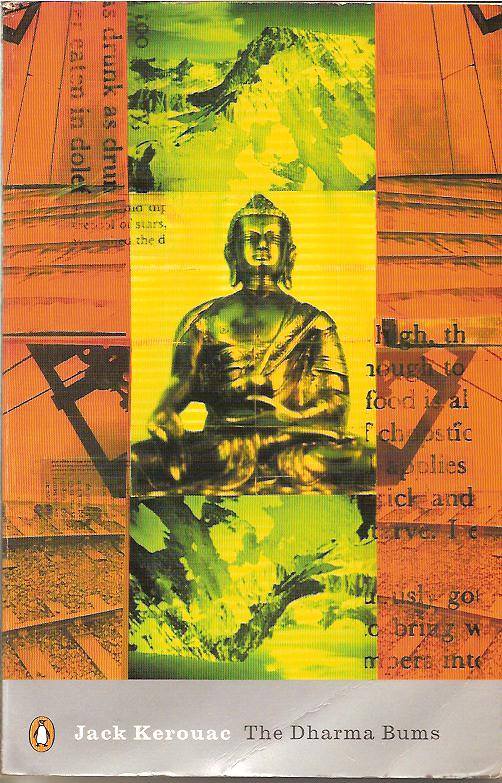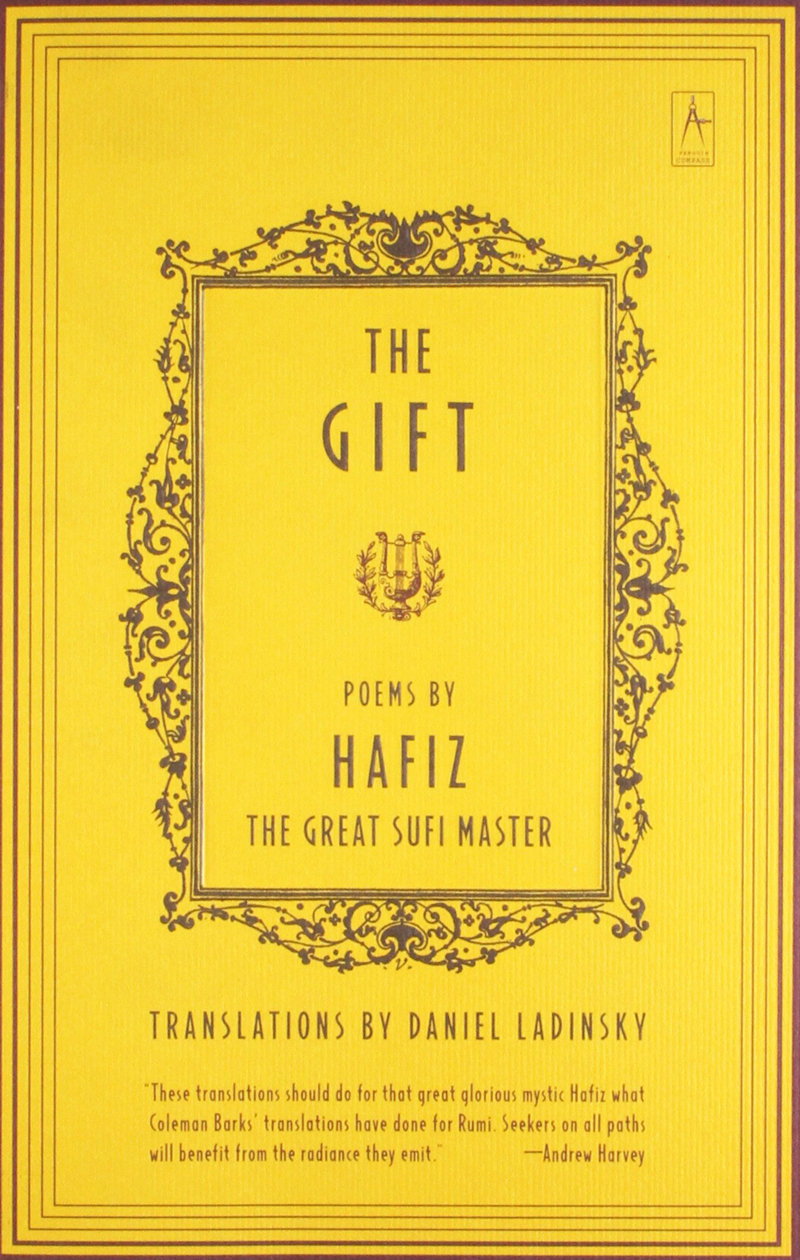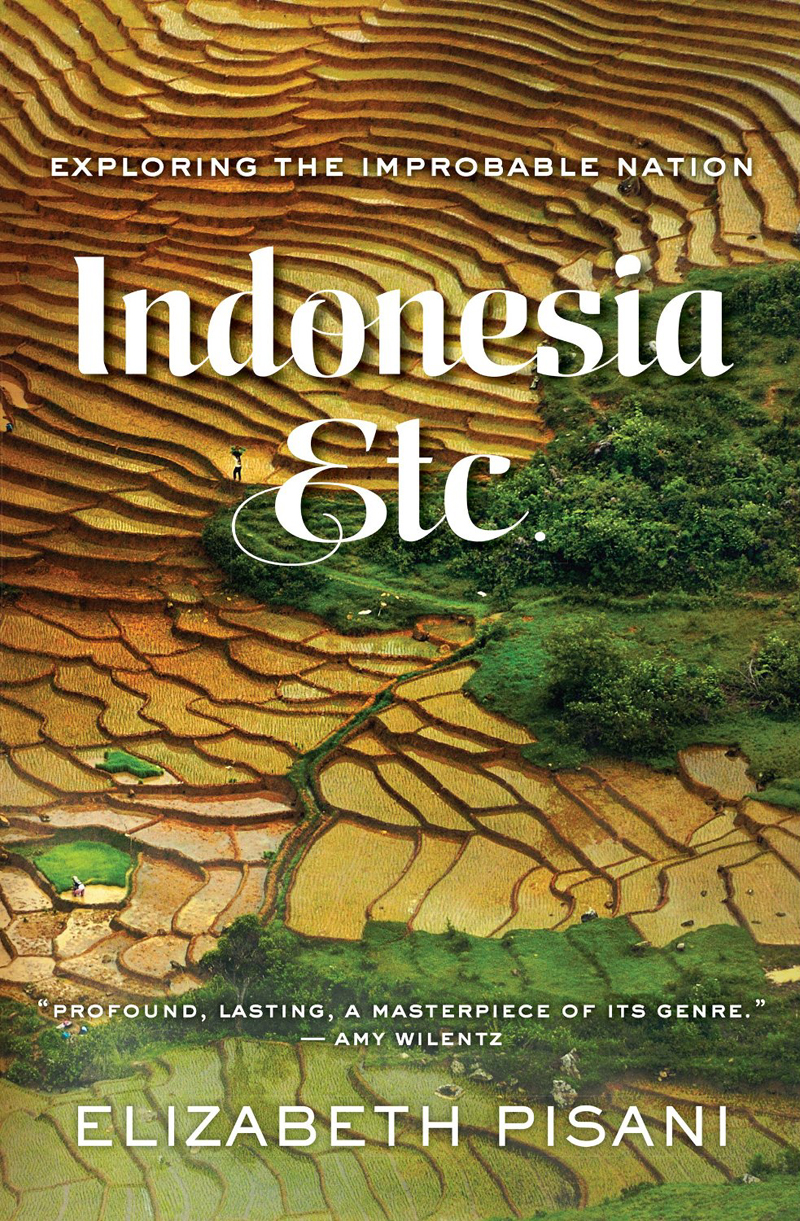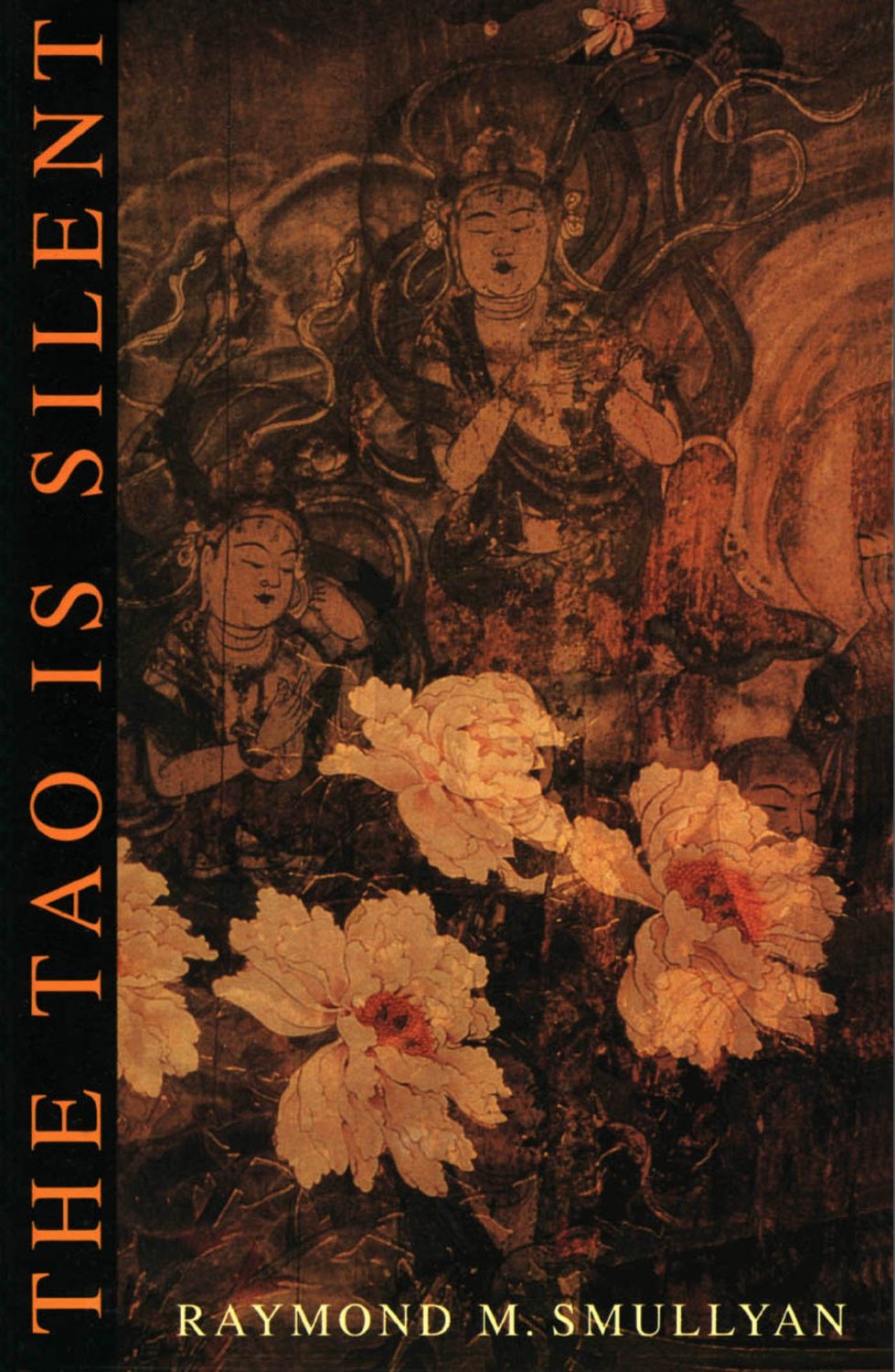Creatures who have traveled with us through the ages are now apparently doomed, as their habitat—and the old, old habitat of humans—falls before the slow-motion explosion of expanding world economies. If the lad or lass is among us who knows where the secret heart of this Growth-Monster is hidden, let them please tell us where to shoot the arrow that will slow it down.
Instead of making the world safer for humankind, the foolish tinkering with the powers of life and death by the occidental scientist-engineer-ruler puts the whole planet on the brink of degradation.
To be truly free one must take on the basic conditions as they are—painful, impermanent, open, imperfect—and then be grateful for impermanence and the freedom it grants us.
Walking is the great adventure, the first meditation, a practice of heartiness and soul primary to humankind. Walking is the exact balance of spirit and humility.
The world is watching: one cannot walk through a meadow or forest without a ripple of report spreading out from one’s passage. The thrush darts back, the jay squalls, a beetle scuttles under the grasses, and the signal is passed along. Every creature knows when a hawk is cruising or a human strolling. The information passed through the system is intelligence.
Why should the peculiarities of human consciousness be the narrow standard by which other creatures are judged?
Great insights have come to some people only after they reached the point where they had nothing left. Alvar Nunez Cabeza de Vaca became unaccountably deepened after losing his way and spending several winter nights sleeping naked in a pit in the Texas desert under a north wind. He truly had reached the point where he had nothing. (“To have nothing, you must have nothing!” Lord Buckley says of this moment.) After that he found himself able to heal sick native people he met on his way westward. His fame spread ahead of him. Once he had made his way back to Mexico and was again a civilized Spaniard he found he had lost his power of healing—not just the ability to heal, but the will to heal, which is the will to be whole: for as he said, there were “real doctors” in the city, and he began to doubt his powers. To resolve the dichotomy of the civilized and the wild, we must first resolve to be whole.
